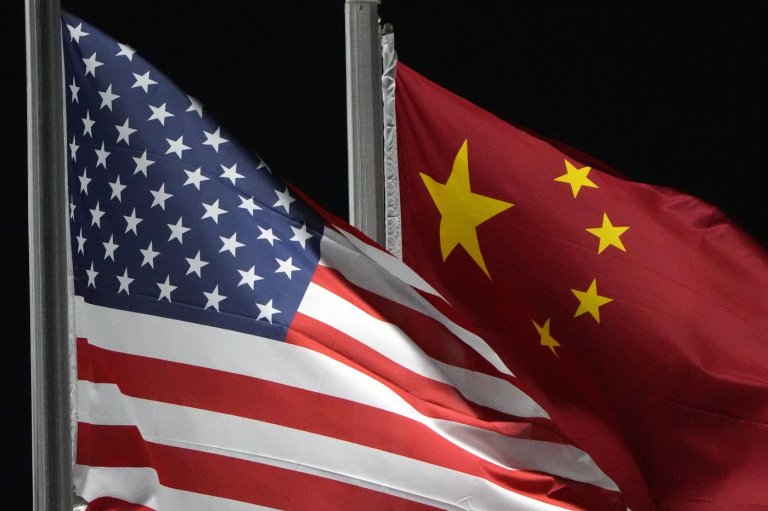Indian man escapes from militants in southern Philippines after 14 months in captivity
MANILA, Philippines – An Indian man escaped from al-Qaida-linked militants Friday after being held captive in the southern Philippines for nearly 14 months.
Bijo Kolara Veetil escaped before dawn Friday as his Abu Sayyaf captors were preparing breakfast, said Sulu provincial police chief Antonio Freyra.
A heavily bearded Veetil, 37, later told reporters at a hospital that after he slipped out of the militants’ encampment in the hinterlands of Patikul township, a villager brought him to a provincial official, who handed him to police. He was then taken to the hospital.
Veetil, who worked as an operations manager for a garment company in Kuwait, said he was kidnapped in June 2011 while visiting his wife’s family in Patikul.
The kidnappers demanded about 300,000 pesos ($7,100) in ransom, but his family refused to pay. He said he wasn’t harmed because he is a Muslim.
The Abu Sayyaf is notorious for kidnappings, beheadings and bombings, and is on the U.S. list of terrorist groups. The group is believed to currently be holding Australian, Malaysian and Japanese nationals in their jungle hideouts in the south.
A veteran Jordanian TV reporter, Baker Atyani, and his two Filipino crew members are still in the custody of the militants they had gone to interview two months ago.
Join the Conversation!
Want to share your thoughts, add context, or connect with others in your community? Create a free account to comment on stories, ask questions, and join meaningful discussions on our new site.











Leave a Reply
You must be logged in to post a comment.